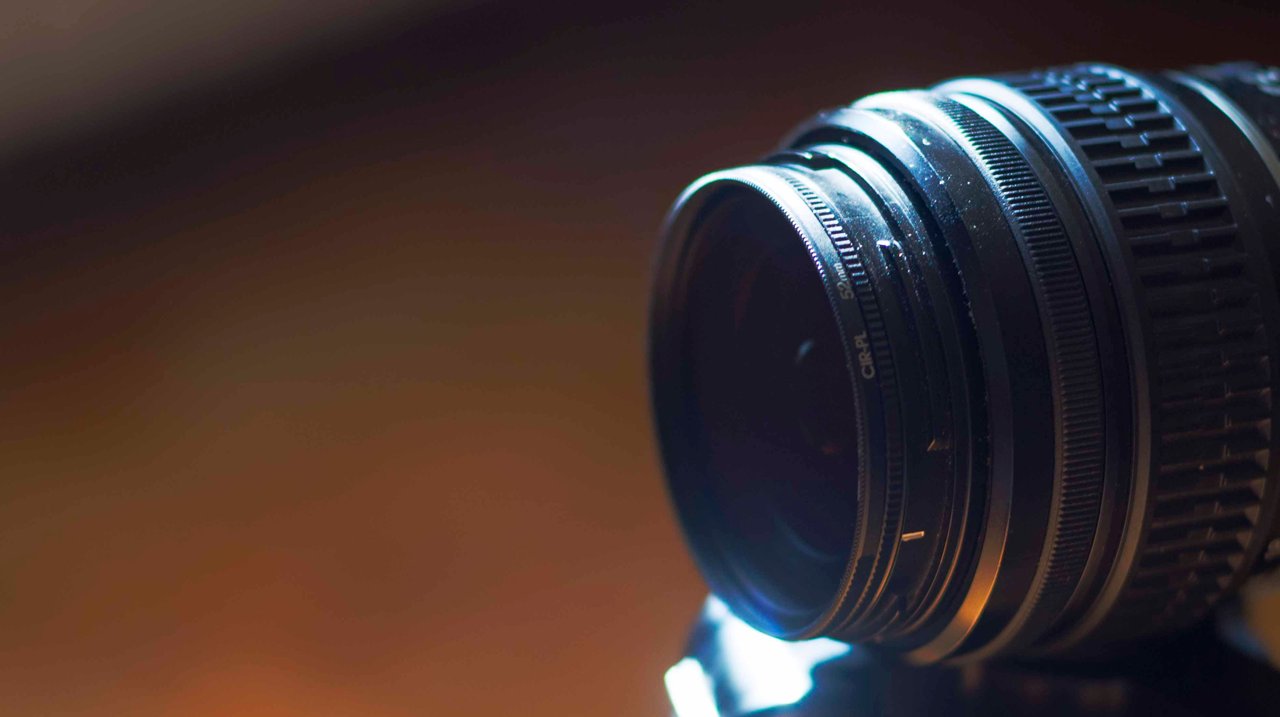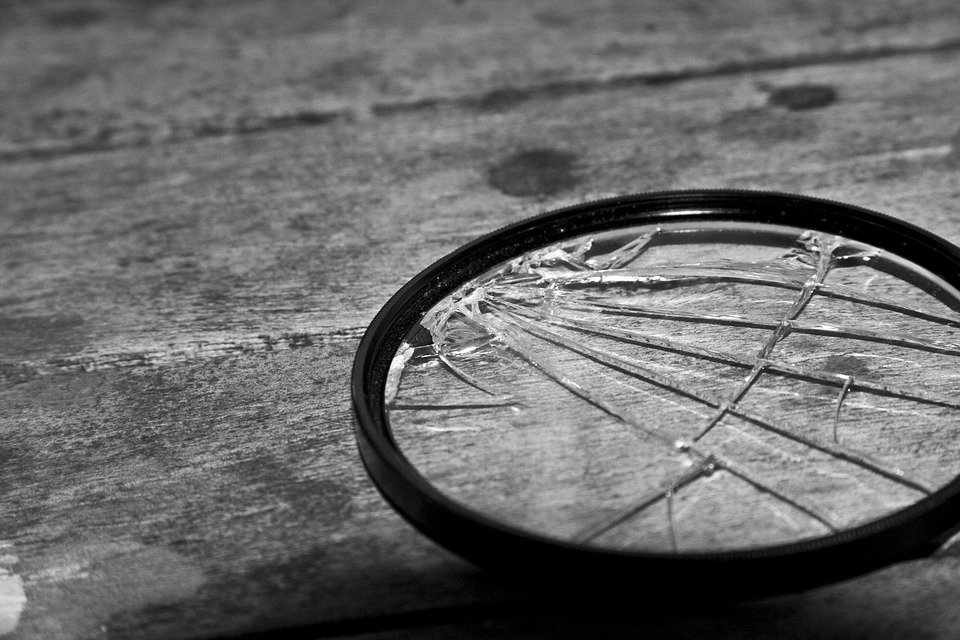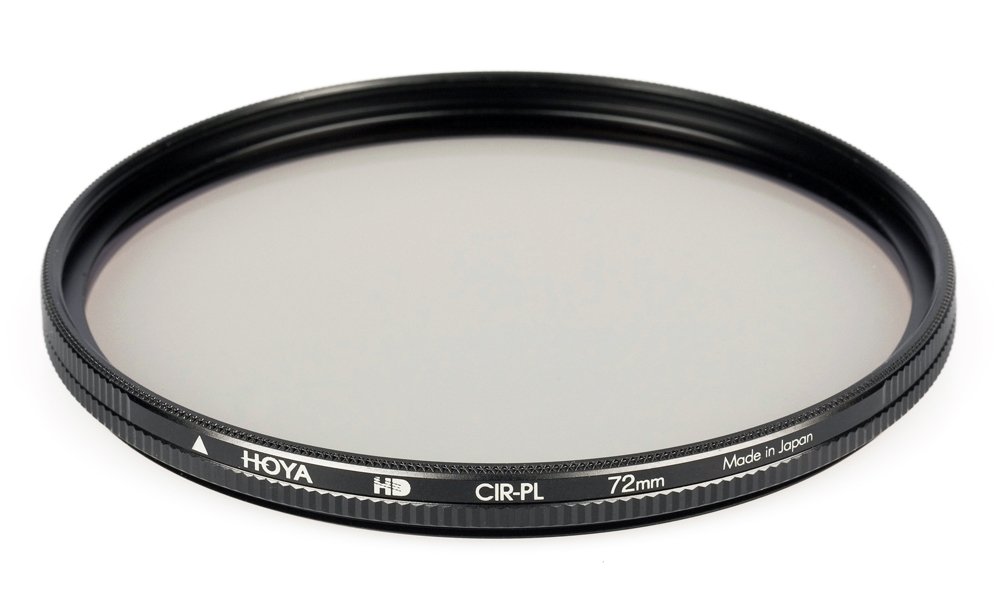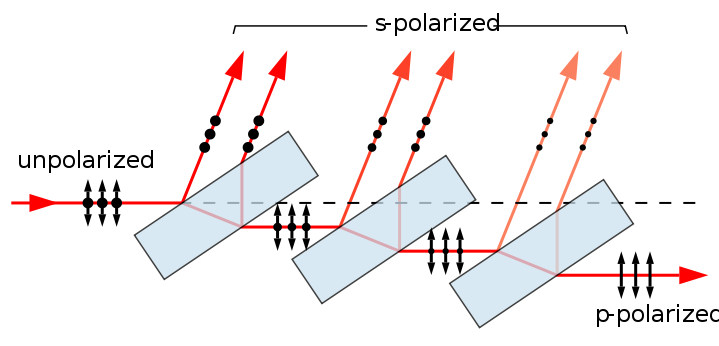
Why use one?
For the effect!
A polarizing filter has the ability to make good shots into great shots. The difference it can make is sometimes be unbelievable.
I've always taken shots knowing the sky is going to be almost always overexposed and anything in direct sunlight during the day will have to get a lot vibrancy added later on. Using a polarizing filter changed that. Not only can it drastically reduce the skies into a deep blue background, but it also saves the colors on my subjects. Further more, it get's rid of any bright reflections on wet surfaces that would otherwise end up as tiny overexposed patches of light, ruining an image.
Some comparison shots:



In general:

* a shot with a polarizer; edited
Drawbacks
"With all the good, there can't possibly be a drawback!"
Sadly there is. Polarizers as any other filter reduces the exposure by some degree. Usually around one stop. In my case I use a Hoya CIR PL which takes away exactly 1 stop of light. But luckily we know how to use the exposure triangle. Getting a stop back is easy: increased ISO, lower shutter speed or an wider aperture is all it takes.
Shooting on cloudy days doesn't have a very strong effect. It might be more useful to not use it. Shooting 180 from or directly into the sun won't show much of an effect either. A polarizer works when light comes from a 90 degree angle. It means the real world applications of this filter are not very wide, but it surely is useful in many cases.
Protection
Using a filter on a lens.
It's somewhat of an debate if using an UV filter is any good on a lens. Why get an expensive lens and then shoot through a filter? Won't it degrade the image? Many have said no, many have said yes. I don't care :)
In my experience if you are using a quality filter there is nothing to worry about. The change in picture quality is not noticeable to my eyes. Same goes to using a polarizer. But what it does is give you an extra layer of protection, keeping the lens clean. It's also much easier to clean the flat surface of a filter than it is a round lens.

Using a Polarizing Filter
Always try to keep the sun at 90 degrees (or close to it) for maximum effect. Although the polarizer might not work that much with other angles I've experienced that it still cuts out some glare in parts of the image. So it's worth experimenting.
Although erasing the glare might be very desired, there are shots where you'd like some of it remain. Therefore don't always use the polarizer in it's maximum rotation, but experiment. A circular polarizer lets you adjust the intensity of the effect by turning the filter. Circular polarizer consist of two parts: the main body screws on the lens, but the filter can be rotated separately.

*free HOYA advert :)
"I have to have one, now!"
So which one should I get?
First off, you have to make sure your lens has a screw. If it does, good! You can get a circular polarizer for your lens size. (The lens size is usually written on the lens. If not you can check it online or take out your trusty ruler for some measuring). The best brands out there are B&W, Hoya, Lee, Cokin, Tiffen.
If you are feeling adventurous or your wallet is on a diet there are also cheaper options: Kood, Kenko, Vivtar or... use ebay to get one of the expensive ones for cheap! I got mine from ebay. HOYA HD cir pl for ~35€(40$). Couldn't be happier :)
*free HOYA advert, again :)
But HOW?
Well, the physics behind polarization are beyond me.
Here's a link to the wikipedia article: https://en.wikipedia.org/wiki/Polarizer

In essence a polarizer reduces unpolarized light.
Sources:


